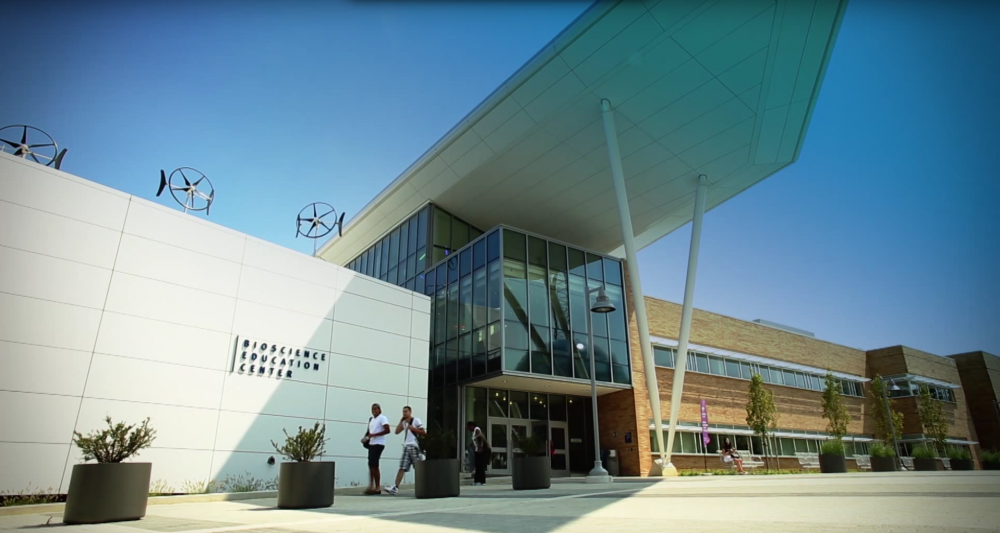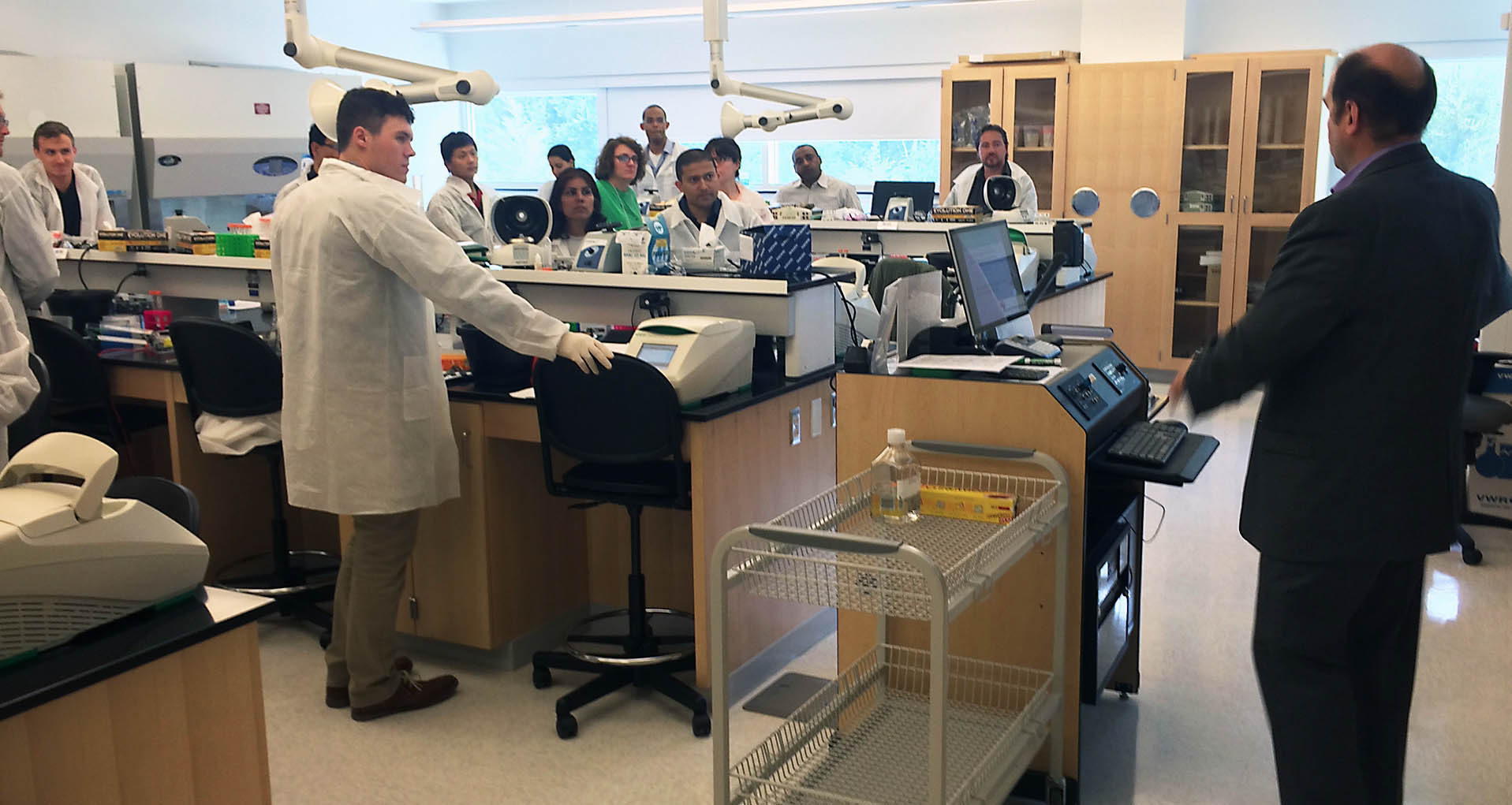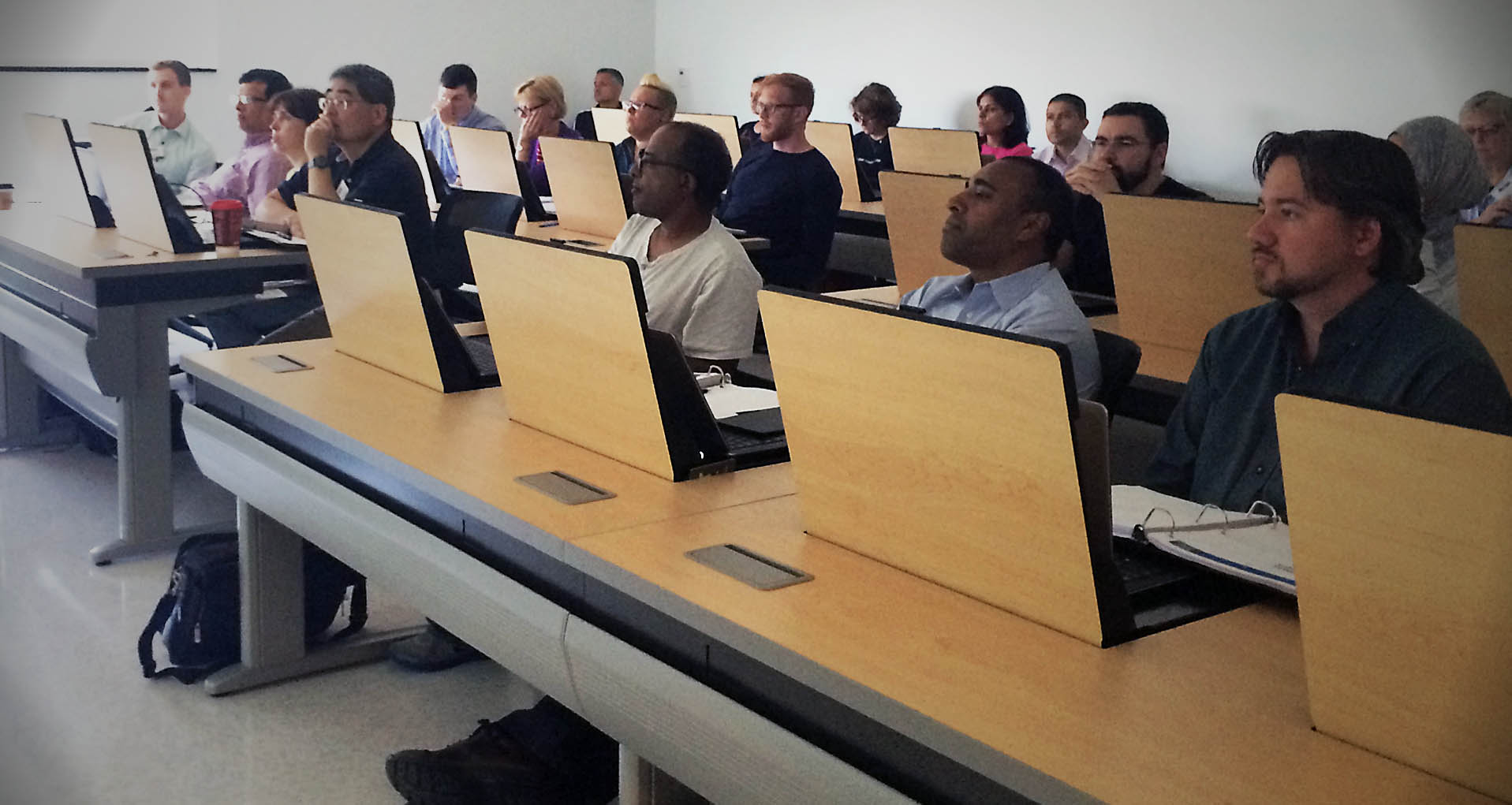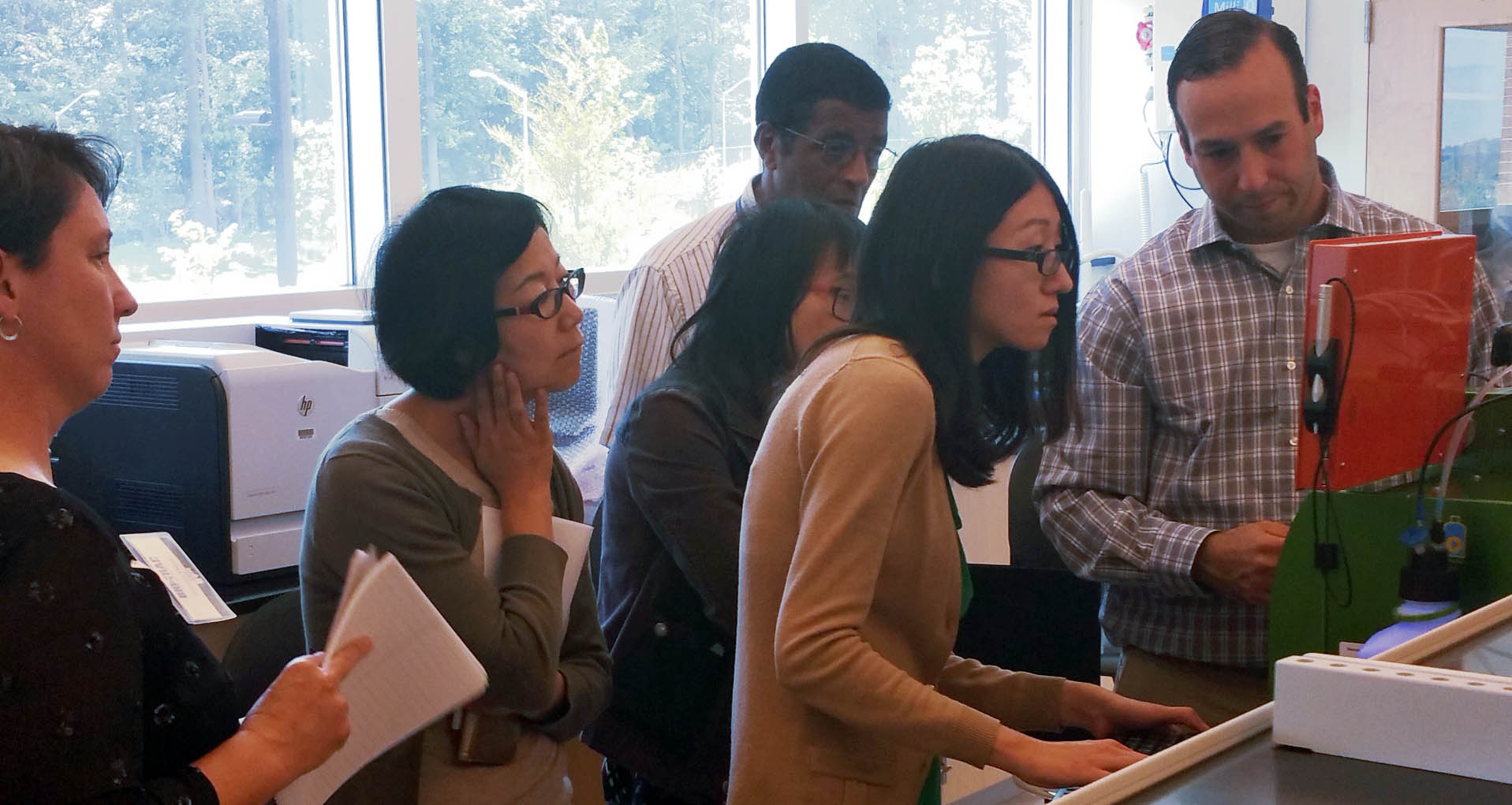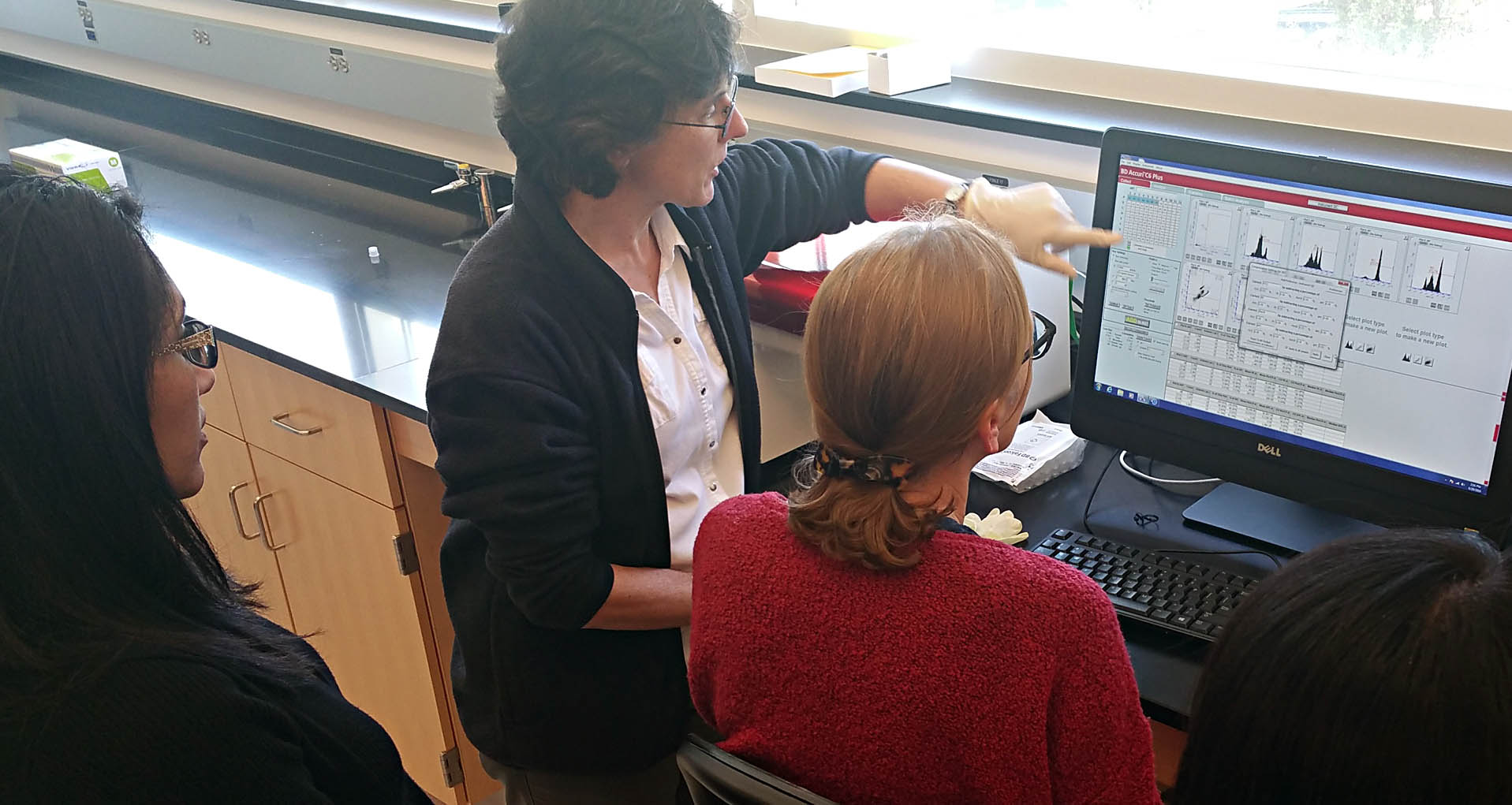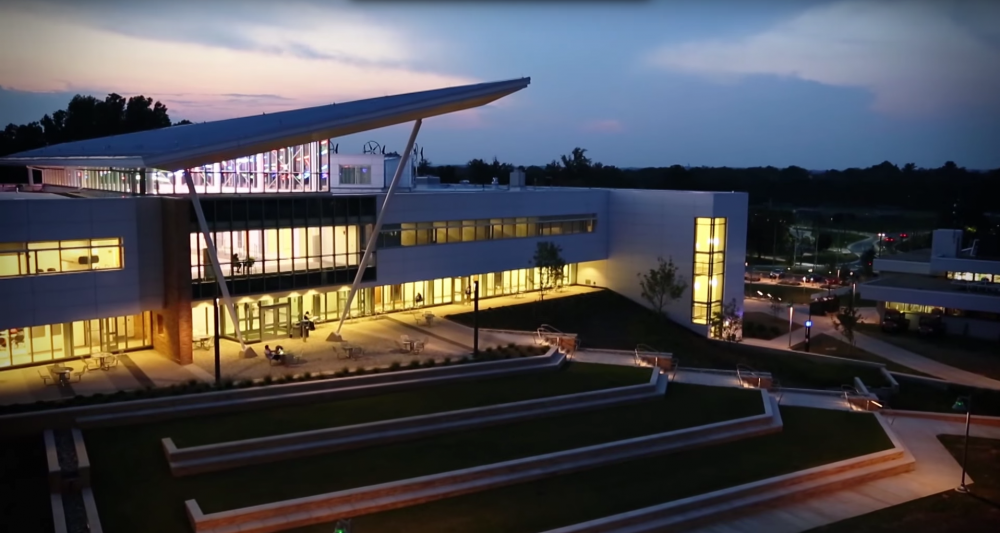September 14-16, 2023
Thursday-Saturday
Germantown, MD
The Bioscience Education Center
9:00am-5:00pm
1 Hour Lunch Break
This page will be updated for our 3rd Annual Offering.
This three day program is divided into a two-day symposium with lectures presented by world class scientists in the field of immuno-oncology and with representation by all the main multiplex platforms for IO (Akoya Biosciences Phenoptics, Cell IDx, CODEX, CyTOF, MIBI, Ultivue), and one day of hands-on workshop laboratory performing a real multiplex immunofluorescence staining panel using the Opal™ method, multispectral image acquisition with a Polaris™ scanner, and immunophenotyping analysis using InForm™ and HALO™ software.
 | Symposium Lecture Series |
 | All attendees receive a thumbnail drive with comprehensive workshop materials. |
 | Symposium Participants: 85 |
 | $695 |
-
"It is well organized workshop. Instructors are knowledgeable and helpful. The course mainly focuses on DNA methylation and its related techniques. If it is the field you are interested in, I recommend this course."
Shale Lei
University of Nebraska Omaha
Advances in Epigenetics 1/17
-
"Amazing learning experience. I made new friend, learned new knowledge and made further collaborations. It was worth attending this workshop."
Dhananjay Gupta
University of Vermont
Advances in Epigenetics 1/17
-
"The instructors for the “Advances in Epigenetics” were outstanding."
Jim DeWille
Ohio State University
Advances in Epigenetics 1/17
-
"This is a very well organized program. Lectures always convey the most advanced knowledge and technologies. Hands-on practice is also very helpful. Highly recommend to colleagues in or out of NIH community."
Guangpu Shi, M.D.
Research Fellow, NEI/NIH
iPSC: Reprogramming, Differentiation and Gene Editing with CRISPR 8/16
-
"I highly recommend this course to someone who seek opportunities for epigenetics research and analysis. Presenters and lectures are very nice and experts in this field."
Bongsoo Park
Johns Hopkins School of Public Health
Advances in Epigenetics 1/17
-
"Bio-Trac offers wonderful workshops that provide up-to-date, useful technological information and knowledge important for my research applications."
Thuy Phung, MD, PhD
Baylor College of Medicine
NGS 10/16
| SPONSORS | ||
|---|---|---|
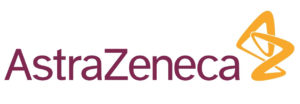 |
Cancer immunotherapy represents an ongoing revolution in cancer treatment that requires a deeper understanding of the tumor immunological microenvironment. One of the tools for cancer immunoprofiling on tissues is multiplex immunohistochemistry/immunofluorescence (IF) techniques for the labeling of several markers on the same tissue slide. One of such techniques is the Opal™ method, coupled with Vectra – Polaris™ multispectral scanner, (through Akoya Biosciences), which allows the design of customizable multiplex IF panels for immuno-oncology studies.
2019 Speakers
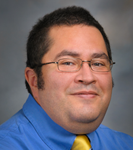 | Jaime Rodriguez-Canales, MD AstraZeneca Course Co-Director |
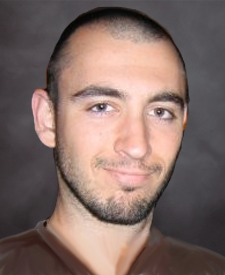 | Michael Surace, PhD AstraZeneca Course Co-Director |
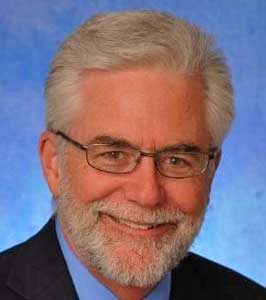 | Bernard A. Fox, PhD Providence Portland Medical Center Keynote Speaker |
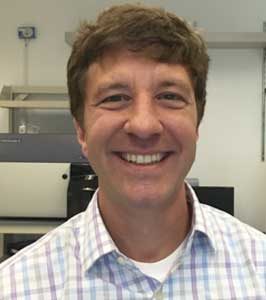 | Mike Angelo, MD PhD Stanford University Comprehensive Enumeration of Immune Cells in Solid Human Tissue using Multiplexed Imaging |
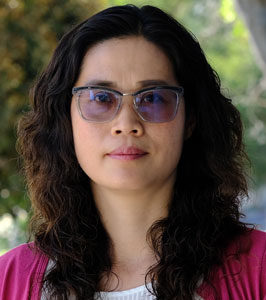 | Qingyan Sandy Au, PhD, PMP NeoGenomics Characterization of Immunosuppressive Cells Using MultiOmyxTM Hyperplexed Immunofluorescence Assay in Hematological Malignancies |
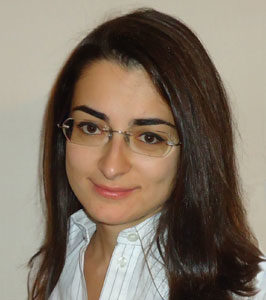 | Ina Bisha, PhD Definiens Spatial profiling and quantification of immune cells for Immuno-Oncology |
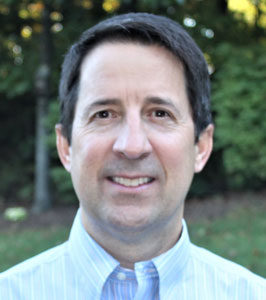 | Doug Bowman, VP Pharma Services, Indica Labs Quantification, Phenotyping, and Spatial Profiling of Multiplex Biomarker Panels Utilizing the HALO Platform |
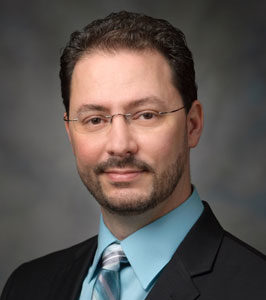 | Jared Burks, PhD MD Anderson Cancer Center Hyperion Imaging Mass Cytometry |
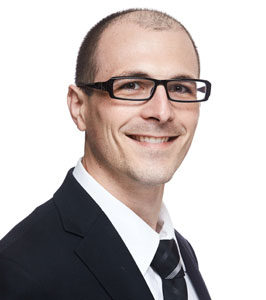 | Grady Carlson, PhD Akoya Biosciences High-dimensional Tissue Imaging for Spatially Resolved Biomarker Analysis using CODEX |
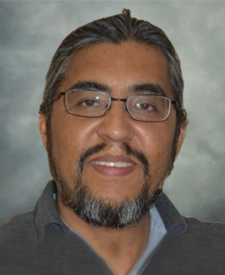 | Edwin Parra Cuentas MD, PhD MD Anderson Cancer Center Profiling Immune Contexture in the Era of Multiplexed Staining and Immune Oncology |
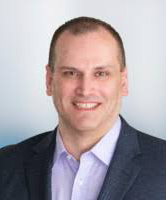 | Sean Downing Ultivue Phenotyping the Tumor Microenvironment with Advanced Tissue-based Multiplexing Assays |
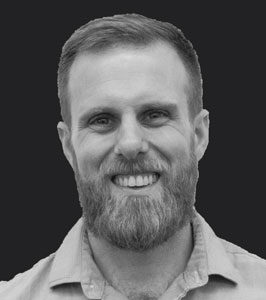 | Harris Fienberg, PhD IonPath (MIBI) Highly Multiplexed Imaging for Clinical Research |
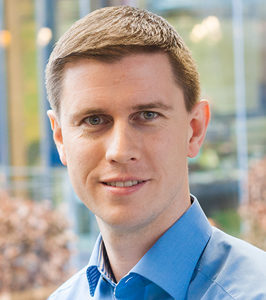 | Olaf Hardt, PhD Miltenyi Biotec GmbH The Power of Ultra-high Content Imaging for the Identification and Characterization of New CAR T Cell Targets |
 | Cliff Hoyt, MS Akoya Biosciences Translational Advances of Multiplexed Immunofluorescence Methods |
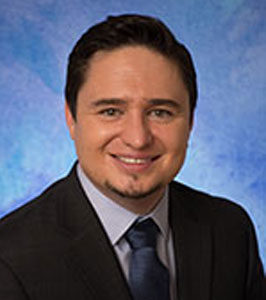 | Brian Piening PhD Providence Cancer Center From mIHC/IF to H&E. Back to the Future |
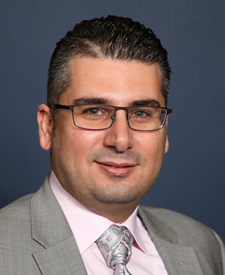 | Houssein Abdul Sater, MD NIH/NCI Prostate Tumor Immune Microenvironment Multiplexed and Spatially Resolved |
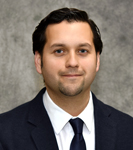 | Kurt Schalper, MD, PhD Yale University School of Medicine Deciphering the Tumor and Immune-cell Interactions in Human Malignancies Using Multiplexed and Spatially Resolved Imaging |
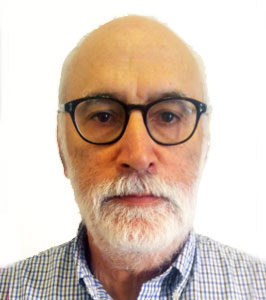 | David Schwartz, PhD Cell IDx Biomarker Profiling Solutions using UltraPlex mxIF Modular Panel Development |
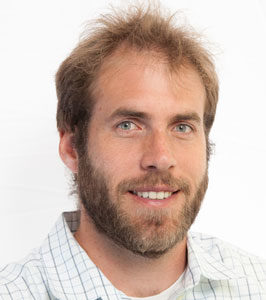 | Eric Swanson, PhD Fluidigm Highly Multiplexed Immunohistochemistry: Simultaneous Detection of up to 37 Proteins in Fixed Tissue Sections with the Hyperion Imaging System |
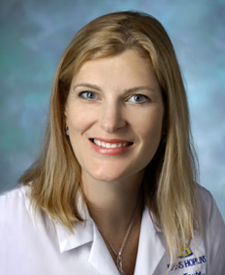 | Dr. Janis Taube Johns Hopkins Medical Institute Intensity In-situ |
 | Sarah Warren, PhD NanoString Technologies Characterization of The Tumor Microenvironment with the NanoString GeoMx Digital Spatial Profiling Platform |
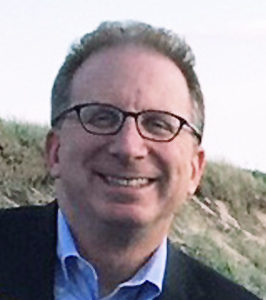 | Keith Wharton MD PhD FCAP Leica Biosystems Multiplex Detection - From Discovery to Clinical Practice |
Check back for updates on lecture topics and speaker additions.
• Panel Planning, Run and Development Controls
• Sample Prep and OPAL 6+1 Fluorescent Multiplex on Bond Rx (Leica)
• Image Acquisition on Vectra Polaris (Akoya Biosciences)
• Spectral Unmixing and Quality Control
• Image Analysis of Whole Slide 6+1 plex with HALO (Indica Labs)
Presenter Bios
Bernard A. Fox, PhD, Keynote
- Harder Family Chair for Cancer Research
- Member and Chief, Laboratory of Molecular and Tumor Immunology
- Robert W. Franz Cancer Center
- Earle A. Chiles Research Institute, Providence Portland Medical Center
Dr. Fox is an internationally recognized leader in immuno-oncology and co-founder and CEO of UbiVac who has spent more than 30 years studying how to use a patient’s immune system to fight cancer. Dr. Fox has participated in and led both preclinical and clinical studies of cancer immunotherapy. Building on recent advances in immunology and the Nobel prize-winning science of autophagy, he is utilizing the disruptive innovation of UbiVac’s vaccine technology to advance treatments for patients with many types of cancer. He is also driving UbiVac’s efforts, in collaboration with Janssen Biotech (J&J), to develop vaccines that prevent cancer. Dr. Fox also holds the Harder Family Chair for Cancer Research, at the Robert W. Franz Cancer Research Center, Earle A. Chiles Research Institute, Providence Cancer Center and is on faculty at OHSU. His background in translational cancer immunotherapy developed from his tenure as a fellow in Dr. Steven Rosenberg’s lab at the National Cancer Institute.
In addition to training a next generation of scientists and physicians, Dr. Fox is the current Chair of the World Immunotherapy Council, a consortium of 22 national and international cancer immunotherapy organizations and a past President of the Society for Immunotherapy of Cancer. He has published more than 130 manuscripts and book chapters, served on review committees for the NIH, FDA, philanthropic and governmental organizations in the USA, Europe and Asia, and serves on editorial boards of several scientific journals. Dr. Fox served on the board of directors of NeoPharm from 2004 to 2010, and is currently on the board of directors of the Oregon Bioscience Association. In 2011, Dr. Fox co-founded UbiVac-CMV, to develop cytomegalovirus vectors as vaccines for cancer. Dr. Fox lectures widely and serves on advisory boards for a number of biotechnology and pharmaceutical companies. In 2015, Dr. Fox received the Visionary/Legacy Award from the Society for Immunotherapy of Cancer (SITC).
Michael R. Angelo, Stanford University
The Angelo lab uses custom built high dimensional imaging technologies and computational approaches to understand the interplay between single cell phenotype and tissue histology in health and disease.
They employ a method known as Multiplexed Ion Beam Imaging (MIBI) that uses secondary ion mass spectrometry to image antibodies tagged with isotopically pure elemental metal reporters. MIBI is capable of analyzing up to 100 targets simultaneously over a five-log dynamic range. Thus, MIBI enables highly multiplexed and sensitive immunohistochemistical analysis of complex tissues. The Angelo Lab applies MIBI to questions in the fields of cancer biology, infectious diseases, immune tolerance, allergy, and the maternal-fetal interface in addition to technology and methods development.
Qingyan Sandy Au, PhD, NeoGenomics
Dr. Au is a Principal Scientist with the Pharma Services division at NeoGenomics, and has been working with the MultiOmyxTM platform for over 6 years. Prior to joining NeoGenomics she was a Staff Scientist at Sanford Burnham Prebys Medical Discovery Institute, and previous to that was a Research Scientist at CytRx Corporation. Dr. Au earned her PhD in Biomedical Sciences from the University of California at Riverside, and she also holds Master’s degree in Genetics from Fudan University. Dr. Au has authored/co-authored over 20 scientific publications and is a named inventor on 2 issued patents.
Ina Bisha, PhD, Definiens
After graduating in Pharmaceutical Chemistry and Technology (University of Parma, Italy), Ina Bisha received her PhD from the Molecular and Statistical Biophysics Group at SISSA (Trieste, Italy) where she performed computational studies on biological systems. As a postdoctoral researcher she continued working on molecular dynamics simulations of membrane proteins at the Technical University of Munich (Germany). During this period, she was awarded with several grants and fellowships, among which the Alexander von Humboldt Fellowship.
In the last 1.5 years she has been working as a Data Scientist at Definiens in the Translational Sciences Team, analyzing tumor microenvironment data for biomarker discovery and patient stratification in both clinical and non-clinical trial studies.
Douglas Bowman, V.P. of Pharma Services
Doug is responsible for Indica Labs’ Pharma Services group which provides quantitative histopathology image analysis services to support customer’s preclinical and clinical biomarker assays. He also develops strategic business relationships to support the services business. Prior to Indica Labs, he spent 12+ years at Takeda Pharmaceuticals where he developed and expanded the tissue-based imaging capabilities to support early discovery, translational, and clinical programs. He was a key member of a team responsible for building a digital pathology laboratory that integrated LIMs, immunohistochemistry, slide scanners, and quantitative image analysis in an automated workflow. Doug has a BSE in biomedical and electrical engineering from Duke University.
Jared Burks, PhD, MD Anderson Cancer Center
Dr. Jared Burks received his Ph.D. in Biology from Texas A&M University, focusing on viral protein trafficking in infected cells and conducted his postdoctoral work in Dr. Xing Li Wang’s group at Baylor continuing protein trafficking studies. Currently Dr. Burks is a Professor and Co-Director of the Flow Cytometry and Cellular Imaging Core Facility at MD Anderson Cancer Center. The core uses eight color imaging through the use of FFPE sampling and multispectral microscopy, live cell spinning disk confocal imaging, as well as established mass cytometry, CyTOF (imaging and suspension).
Grady Carlson, PhD, Akoya Biosciences
Dr. Carlson is a technical applications scientist with experience in basic and translational pathology-based research, with a focus on assay development for detection and characterization of biomarkers in tissues and circulating tumor cells. Grady joined Akoya Biosciences with the acquisition of PerkinElmer Quantitative Pathology Solutions.
Sean Downing, PhD, Ultivue
Throughout his career, Sean has implemented pathology workflows at several companies in work spanning both proteomics and genomics. Prior to Ultivue, he established and ran PerkinElmer’s Contract Research Organization laboratory offering a menu of TSA-based staining services. Previously, Sean was one of the principal inventors of the first to market, pan-cancer NGS test at Foundation Medicine. Earlier in his career, he was a post-doc and junior faculty member at Harvard Medical School with appointments at Dana-Farber Cancer Institute and Boston Children’s Hospital, respectively. Sean has been trained and mentored by world-leading experts in the field including Judah Folkman, M.D. Sean has a PhD in Cancer Genetics from the University of New South Wales, an MS in Molecular and Cellular Biology from the University of Massachusetts Amherst, and a BS in Biotechnology from Rochester Institute of Technology.
Harris Fienberg, PhD, IonPath (MIBI)
Dr. Fienberg is a co-founder and the CEO of Ionpath. Prior to Ionpath he contributed to the development of the MIBI technology as a Postdoctoral Scholar in the Department of Pathology at Stanford University. Dr. Fienberg has a PhD in Microbiology and Immunology from Stanford University, an MSc in Evolutionary Biology from the University of Basel, where he was a Fulbright Scholar, a BS in Biological Sciences and a BA in English Literature, both from Stanford University.
Olaf Hardt, PhD, Miltenyi Biotec GmbH
Dr. Olaf Hardt is currently Manager R&D Oncology for Miltenyi Biotec in Bergisch Gladbach, Germany. His focus is on immuno-oncology preclinical research, target discovery, as well as oncology related product development. He also heads the transgenic unit and animal facility. He obtained his Ph.D. at the University of Cologne, Germany in collaboration with Miltenyi Biotec and the IBDML in Marseille, France before he started as R&D Project Manager at Miltenyi Biotec in 2008.
Cliff Hoyt, MS, Akoya Biosciences
Mr. Hoyt runs Akoya Biosciences’ Applications and Contract Services groups, and manages strategic partnerships with academia and pharma. Mr. Hoyt joined Akoya through the merger of PerkinElmer's Quantitative Pathology Solutions business unit, which developed Opal, Vectra, and inForm platforms for multiplexed immunofluorescence, and Akoya Biosciences, which recently launched the CODEX ultra-high plexing platform. Prior to being at PerkinElmer, Mr. Hoyt co-founded CRI, which developed the multispectral slide imaging platform, Vectra. Over the course of his career, he has been principle investigator on several NIH research grants, and played a key role in the development and commercialization of many innovative technologies and products, including metrology instruments, laser controllers, telecommunications components, imaging systems for in-vitro fertilization, and in-vivo and pathology imaging systems. Mr. Hoyt received a BA in physics from Williams College in 1983 and Master’s in mechanical engineering from the Massachusetts Institute of Technology in 1987. He is a named inventor on over 20 patents.
Brian Piening, PhD, Providence Cancer Center
Dr. Piening is currently the Associate Director of the Providence St. Joseph Health (PSJH) Molecular Genomics Laboratory and Assistant Member and head of the Tumor Immunogenomics Laboratory at the Earle A. Chiles Research Institute and Providence Cancer Center in Portland, Oregon. He focuses on expanding access to clinical genomics testing to patients in need across one of the largest healthcare systems in the United States. His research laboratory focuses on using novel multi-omic technologies to better characterize the diversity of biological responses to cancer immunotherapies.
Dr. Piening completed his training in Molecular and Cellular Biology at the University of Washington and Fred Hutchinson Cancer Research Center, and his postdoctoral training in the Department of Genetics at Stanford University.
Edwin Parra, MD, PhD, MD Anderson Cancer Center
Dr Parra is Assistant Professor and director of the laboratory of multiplex immunofluorescence and image analysis in the Department of Translational Molecular Pathology, at the University of Texas - MD Anderson Cancer Center, Houston, TX. He was trained as research and molecular pathologist with an specialization in lung pathology at the University of Sao Paulo, Brazil. In 2013, Dr. Parra joined Dr. Ignacio Wistuba’s lab at the MD Anderson Cancer Center where he worked setting up multiplex IF using the Vectra -Polaris systems. Dr. Parra has published over 86 peer-reviewed papers, including several publications employing multiplex IF and Vectra for cancer immunoprofiling.
Jaime Rodriguez-Canales, M.D., AstraZeneca
Jaime Rodriguez-Canales received his M.D. degree and Anatomic Pathology board certification at the Pontifical Catholic University of Chile (Santiago, Chile). Dr. Rodriguez is also certified by the European Board of Pathology (Utrecht, the Netherlands). From 2002 to 2005 he was fellow in oncologic surgical pathology under the direction of Dr. Juan Rosai, in Milan, Italy. From 2005 to 2012, Dr. Rodriguez was postdoc visiting fellow and research fellow at the Pathogenetics Unit and Laser Capture Microdissection (LCM) Core at the Laboratory of Pathology, National Cancer Institute, NIH. In 2012, Dr. Rodriguez joined Dr. Ignacio Wistuba’s lab at the University of Texas – MD Anderson Cancer Center (Houston, TX) being promoted in 2013 to Assistant Professor and Director of the Immunohistochemistry & Digital Pathology lab of the Department of Translational Molecular Pathology, where he and his team worked optimizing multiplex IHC and Vectra for cancer immunoprofiling. In August 2017, Dr. Rodriguez moved back to Maryland as Senior Pathologist at MedImmune, where he continues to work on multiplex IHC and Vectra - Polaris for immuno-oncology. Dr. Rodriguez has co-authored over 125 peer-reviewed papers, including a study on validation of multiplex IF and multispectral analysis for cancer immunoprofiling (Sci Rep. 2017). Dr. Rodriguez is member of the United States and Canadian Academy of Pathology (USCAP), American Association for Cancer Research (AACR) and the Society for Cancer Immunotherapy (SITC).
Houssein Abdul Sater, M.D., National Cancer Institute
After graduating from the Lebanese University Faculty of Medical Sciences and training for 2 years in surgical pathology, Dr Sater was awarded a Fosfom 2 year scholarship in onco-pathology at the Free University of Brussels (ULB), Belgium. He then trained in the US and graduated as a hematologist-oncologist from the Medical College of Georgia. His research involved work on post translational modifications of FOXP3 protein and more recently focused on identifying clinically relevant biomarkers through multiplex IHC platforms. He joined the National Institute of Health through Leidos in late 2017 to lead the GU malignancies branch immune correlative studies. He has published some of his work in lung, and breast cancer with ongoing work on neoadjuvant prostate cancer.
Kurt Schalper, MD, PhD, Yale University School of Medicine
Dr. Schalper trained as cell/molecular biologist and surgical pathologist. His professional experience includes molecular diagnostics and measurement of tissue biomarkers for companion diagnostics in cancer. Currently, he is an Assistant Professor of Pathology at Yale University and director of the Translational Immuno-oncology Laboratory at the Yale Cancer Center. His group aims to produce and support high quality translational research in immuno-oncology through standardized analyses of biomarkers and cross-integration with other Yale resources. These efforts could open new opportunities for biomarker discovery, identification of targets and patient selection for novel anti-cancer therapies.
Michael Surace, PhD, AstraZeneca
Michael Surace received a BS in Biology from JMU in 2004 before working as a laboratory technician in Pathology at UVA for two years. In 2006 he moved to Blacksburg, VA to pursue graduate studies in nuclear receptor/ TLR cell signaling crosstalk in the polarization of macrophage activation phenotypes. He received his PhD from Virginia Tech in 2010. He took two postdocs at MCV in Richmond, first in the Department of Anatomy and Neurobiology investigating the role of microglial activation in response to toxic insult in Parkinson’s Disease, then in Molecular Biology and Biochemistry, working on astrocytes as inflammatory immune cells in multiple sclerosis. In 2015 he joined STCube Pharmaceuticals as a research scientist where he started working with multiplex immunofluorescesce and image analysis to support mechanistic research, which led to his current position at Medimmune, as a scientist developing the company’s multiplex immunofluorescence program for research and clinical trials.
David Schwartz, PhD, Cell IDx
Dr. Schwartz has over 30 years’ experience developing novel bioconjugation chemistries for both in vivo therapeutics and in vivo and in vitro diagnostics. He co-founder and leads the team at Cell IDx developing their advanced hapten-based multiplex immunofluorescence technology. Prior to founding Cell IDx, Dr. Schwartz founded Solulink Biosciences where, as Chief Science Officer, he invented the Schiff base-based conjugation chemistry and led its commercialization. Earlier in his career he worked at other companies developing in vivo diagnostics, antibody drug conjugates, antisense therapeutics and CpG-oligonucleotide-protein conjugate vaccine adjuvants.
Dr. Janis Taube, Johns Hopkins Medical Institute
Dr. Janis Taube is an associate professor of dermatology and pathology at the Johns Hopkins University School of Medicine and a member of the Johns Hopkins Kimmel Cancer Center. Her area of clinical expertise is dermatopathology. Dr. Taube serves as the Director of the Division of Dermatopathology and as the Assistant Director of the Dermatoimmunology Laboratory at the School of Medicine.
She is one of the lead scientific researchers in the Department of Dermatology at Johns Hopkins. Her research is related to the study of the B7-H1 molecule. Dr. Taube and her team are seeking to identify the signaling mechanisms behind B7-H1 expression.
She is a member of the College of American Pathologists, United States and Canadian Academy of Pathology, American Society of Dermatopathology and Dermatology Foundation.
Sarah Warren, PhD, NanoString Technologies
Sarah Warren is the Director of Advanced Applications and Immuno-Oncology at NanoString Technologies, where she leads a team of researchers who work on a wide variety of projects to apply NanoString technologies, including GeoMx, to critical questions in immuno-oncology via collaborations with academic investigators and biopharma partners as well as in-house research. She has a PhD in immunology from the University of Washington and previously was a founder and director of research at Oncofactor Corp.
Keith Wharton MD PhD FCAP, Leica Biosystems
Keith Wharton MD PhD FCAP is Senior Medical Director at Leica Biosystems since 2017, where he provides global medical and scientific leadership for the Advanced Staining and Imaging business unit and Danaher diagnostics platform initiatives. He has 30+ years of experience in academic and biopharma settings, including Novartis and Biogen. In 2015 he coedited the multiauthor book, “Molecular Histopathology and Tissue Biomarkers in Drug and Diagnostic Development”. Following board certification in anatomic pathology and fellowship training in autopsy pathology and developmental biology at Stanford University, he ran an NIH funded research laboratory at UT Southwestern Medical Center in Dallas, TX, where he held several leadership positions including Director of the Medical Pathology course, Director of the Laboratory of Molecular Pathology, and Associate Dean for Medical Education.

